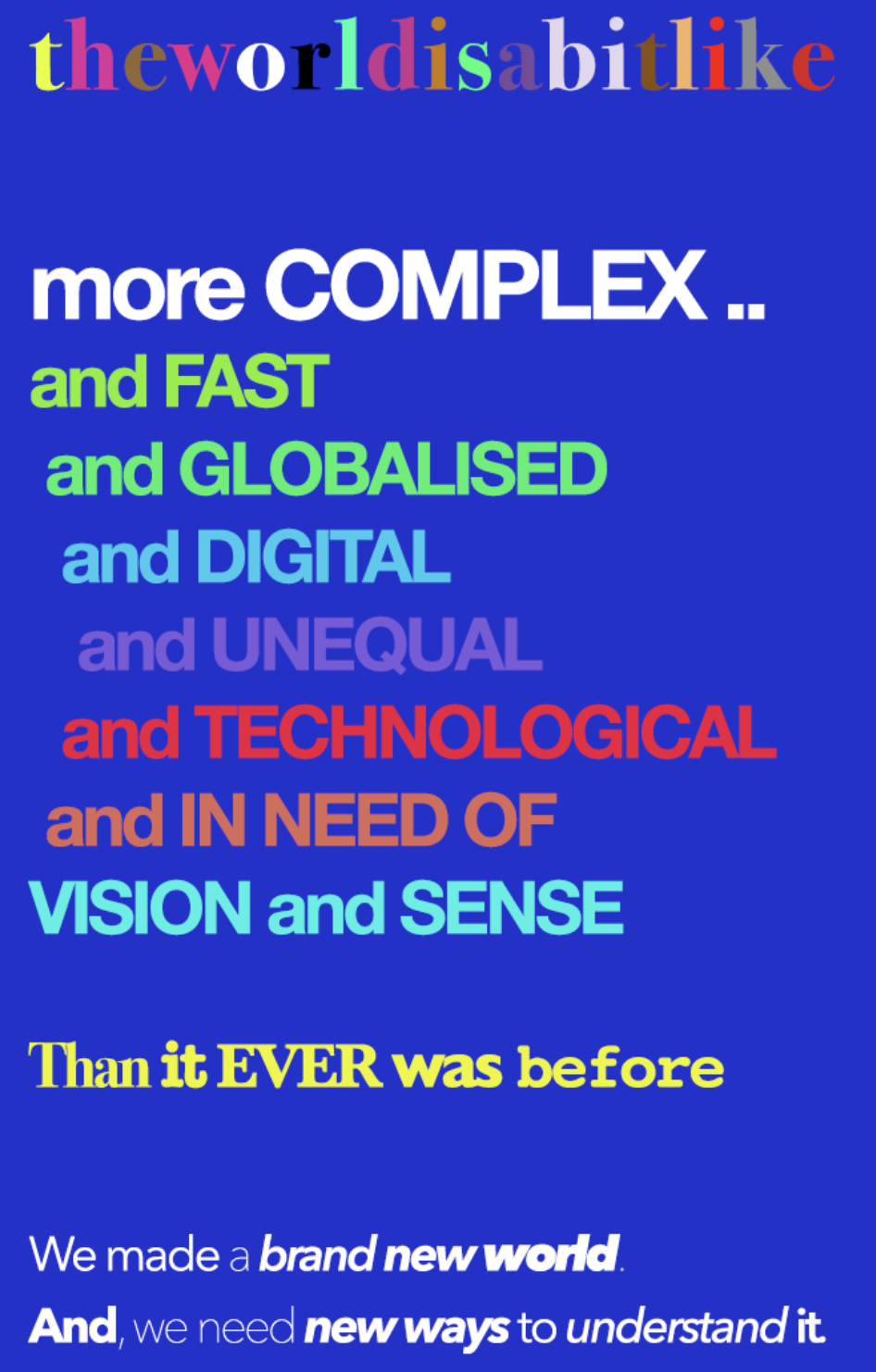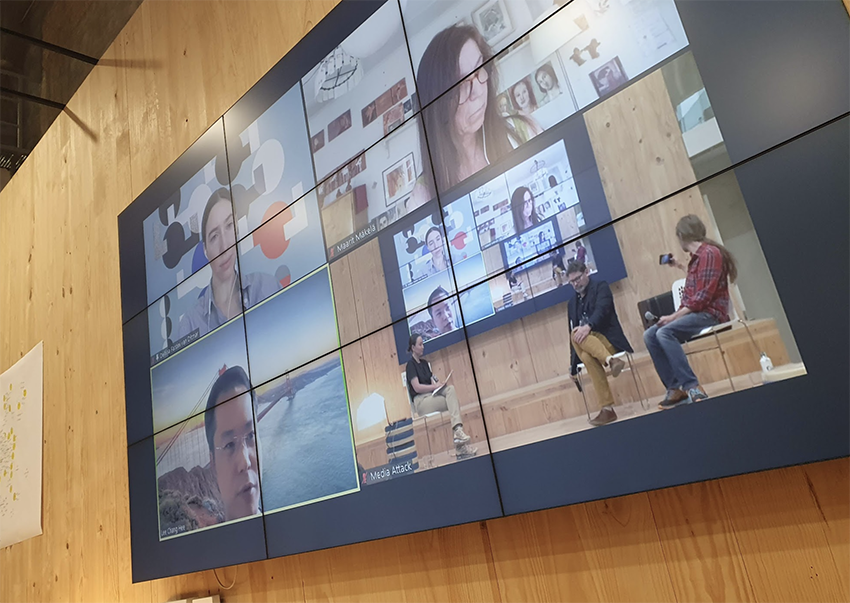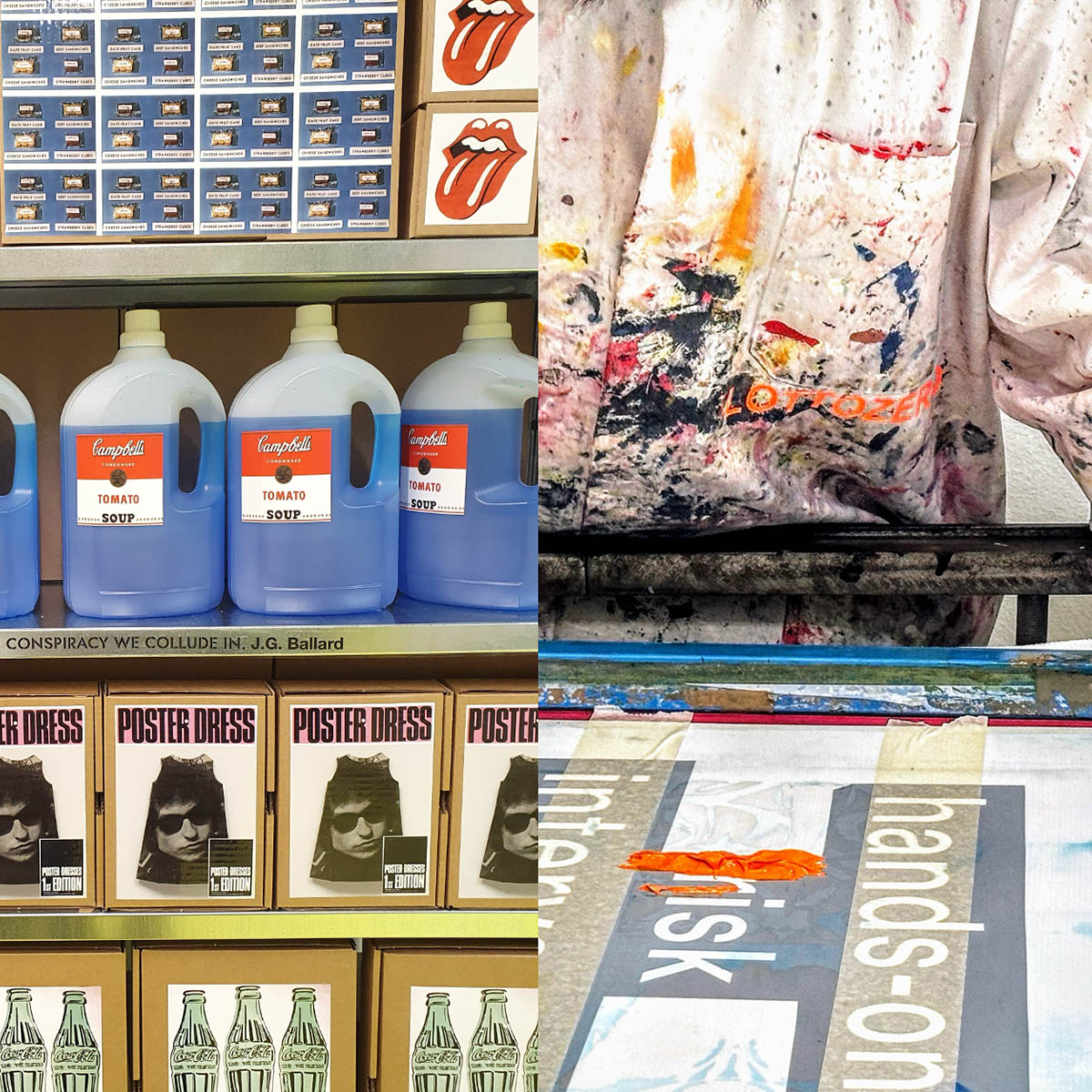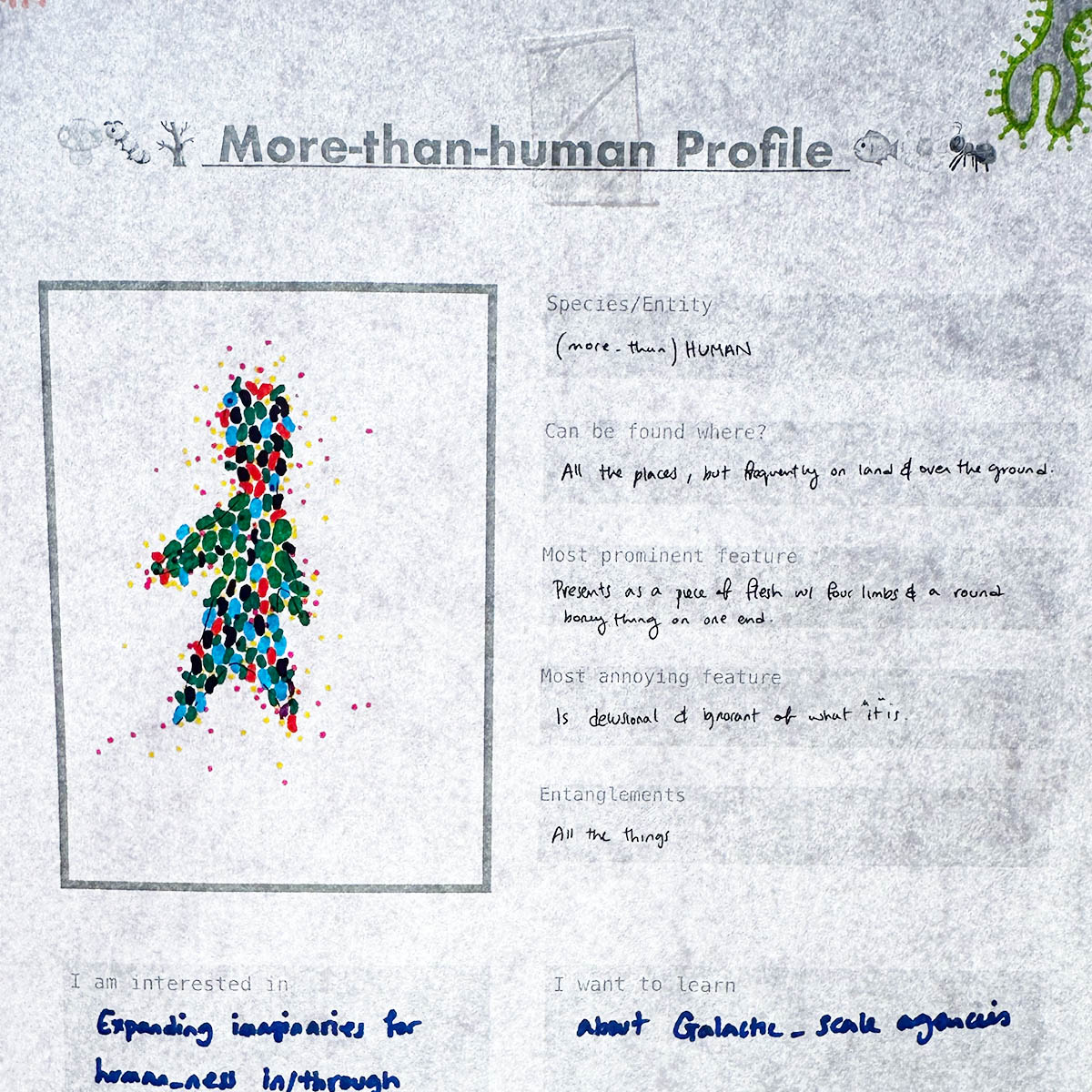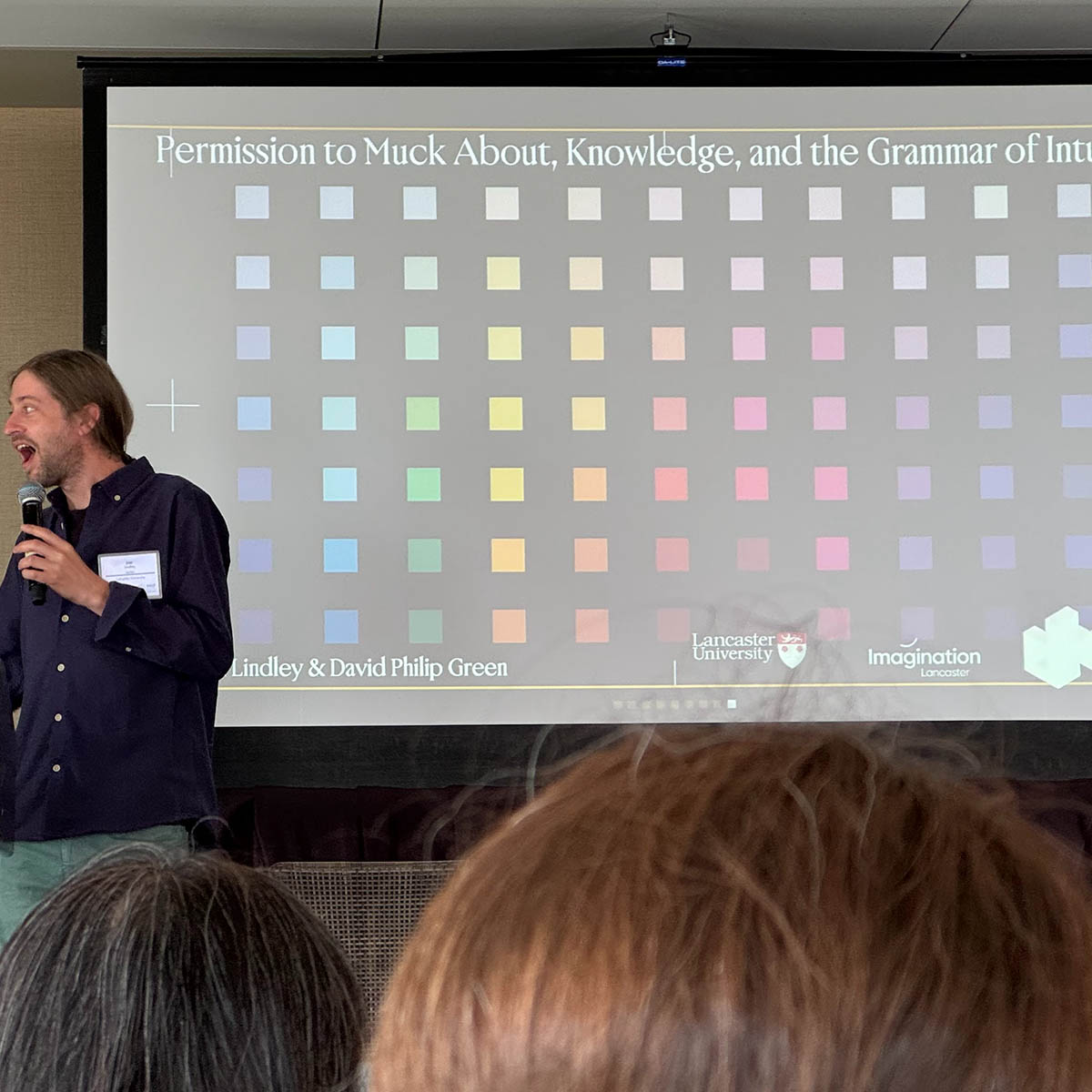At the 2022 edition of the Design Research Society Conference in Bilbao I took part in this panel discussion about More Than Human Design. The question was whether this collection of related approaches are here to stay as a key creative inspiration and approach, or whether they’re a short-term fad. I think the whole panel - Tyler Fox, Maarit Mäkelä, Delfina Fantini van Ditmar and Chang Hee Lee saw the value in these approaches, although there wasn’t a huge consensus on who the value was for or how it works!
This is an extract from the event’s introduction text:
There has been a recent and active exploration of concepts and approaches in design and beyond that can be loosely classified as “beyond-human-centred”, “posthuman”, or “more-than-human”. Whilst this area of thought is broad and heterogeneous, one of the core pillars is looking beyond the human. This can be in terms of definition (e.g., who is a human?), subjects of design (e.g., designing for non-humans), and how we see the hierarchies, or lack thereof, that structure our perceptions (e.g., exploring a “flat ontology”)
I’ve explored this kind of position previously in work published with Paul Coulton, in particular our paper More-Than Human Centred Design:Considering Other Things. The main takeaway of that paper wasn’t about being theory-specific, but instead realising the value of various post-anthropocentric positions as a design inspiration, so that was the main point I tried to put across at the panel. A sub point that seemed important to push was that when it comes to Design Research itself, Design Research can achieve a ‘wrap around’ both by taking inspiration from theoretical or philosophical positions as a starting or jumping off point, but also that Design Research can itself test, rehearse and product theory too.
Considering the difficult challenges we face in the 21st century, taking any different approach seems to make sense. Maybe this will give us new perspectives on how to broach the climate disaster, for example, and/or provide strategies to temper scientism. That realisation puts me in mind of this slide I’ve used to frame Design Research Works. The point is we’ve made a brand new world, and now we need new ways to understand that world. That’s something Design Research can offer.
